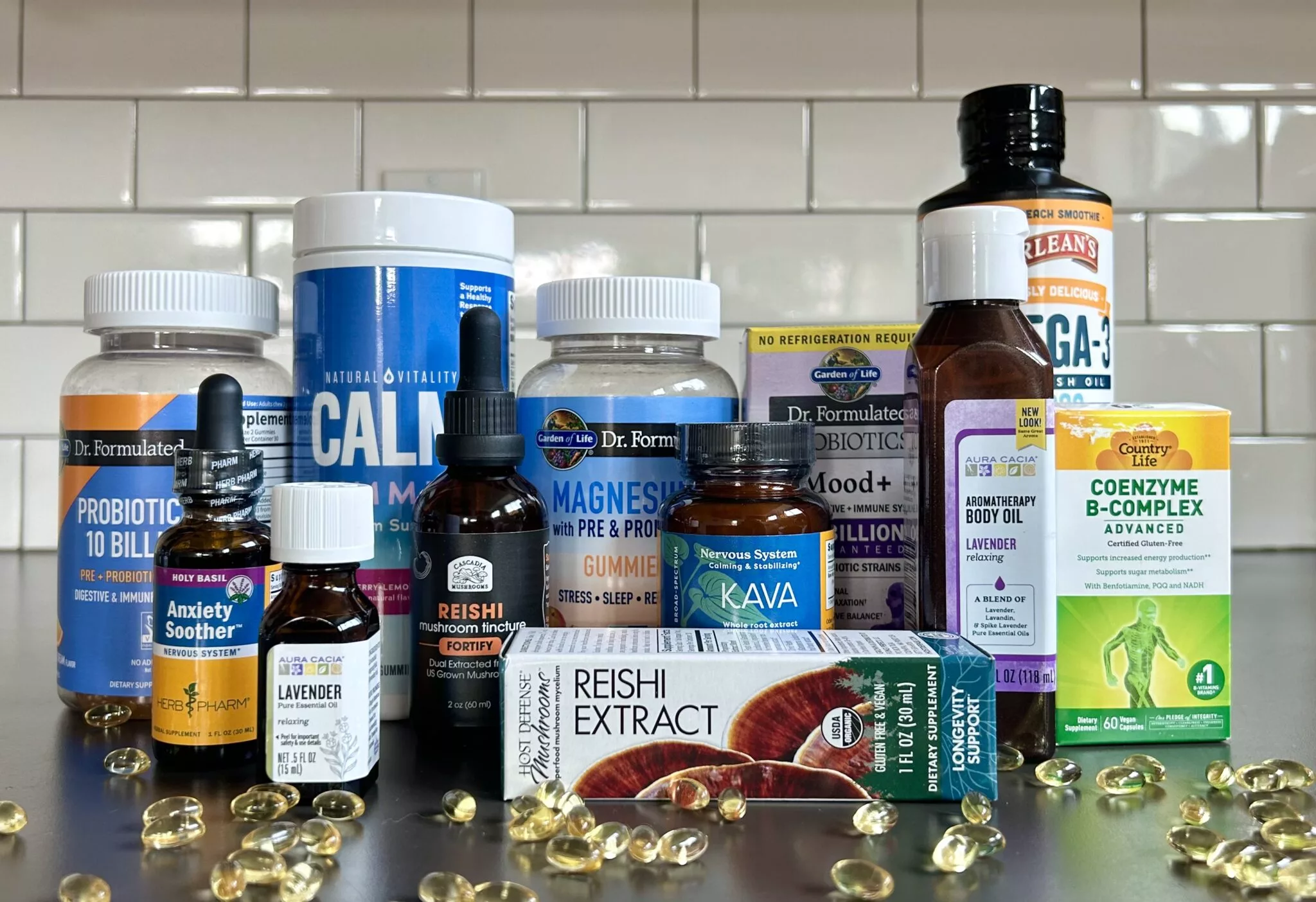
Your Guide to Mood Support
by Kelley Garrison
Licensed Naturopath at Foothills Naturopathic
It’s almost that time of year again! With the start of school just around the corner, along with the holiday season following not far behind, many of you might be perusing the shelves for something, anything, to help bolster your mood in preparation for this busy time of year.
There are hundreds of options on the market each claiming superiority of their mood-enhancing effects above all others, making it very confusing for the average customer. To help support you in this endeavor, I created a mini-guide to the most common mood ailments and the most helpful supplements. Remember to always consult with a knowledgeable clinician before starting new supplements, especially for the ones noted below as some can interact with common medications.
Supplements and Herbs for Depressed Mood
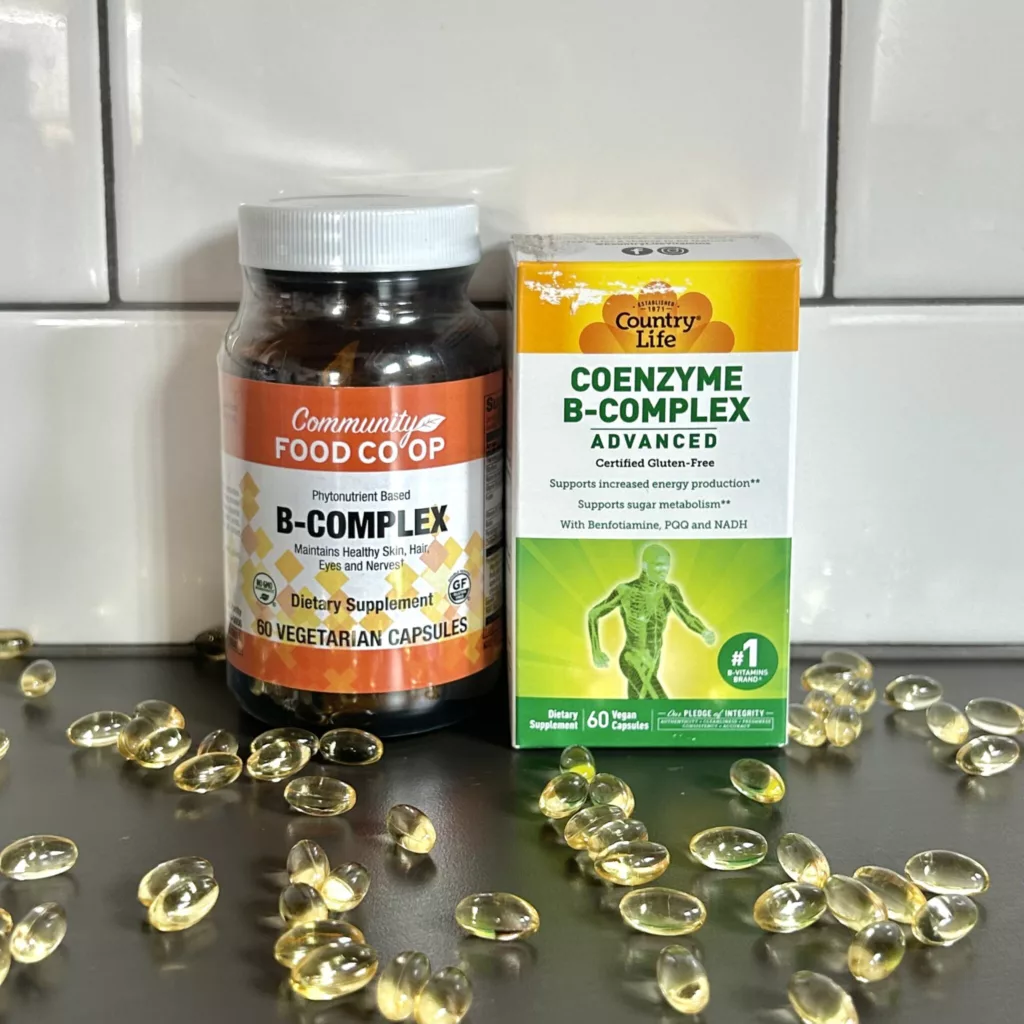
B-Complex
Many of the B vitamins play important roles as cofactors for the production of neurotransmitters in the brain. Neurotransmitters, such as serotonin and dopamine, have a direct effect on mood. When B vitamins are in short supply, this can limit how much of a certain neurotransmitter is produced which in the case of serotonin can lead to depressed feelings. Which B vitamins are most important?
The short answer is all of them which is why a good B-complex that has all the essential B’s is a good option. Note that B vitamins should always be taken with food as it can cause stomach upset otherwise, and it will turn your urine a bright yellow which is normal.
SAMe
SAMe (short for S-Adenosylmethionine) plays a role in neurotransmitter health with some evidence suggesting it helps increase serotonin and dopamine turnover. It has been shown to improve mood in patients with major depressive disorder and has the bonus effect of reducing osteoarthritic pain.
Saffron
A personal favorite of mine, saffron has been shown in some studies to be just as effective as certain SSRIs (anti-depressants such as citalopram and fluoxetine) in improving mood. When taken along with SSRIs, saffron has been shown to enhance the efficacy of anti-depressants and helps mitigate some of their common side effects.
St. John’s Wort
Popular in the herbal world, St. John’s Wort can help prevent breakdown of serotonin in the brain which effectively increases serotonin concentrations to improve mood. It has been shown to be effective in people with mild to moderate depressive symptoms and has the bonus of easing PMS mood changes and fighting off viruses. St. John’s Wort should not be used in combination with other medications (unless cleared by a medical professional) as it has many drug interactions, most notably with anti-depressants and hormonal birth control.
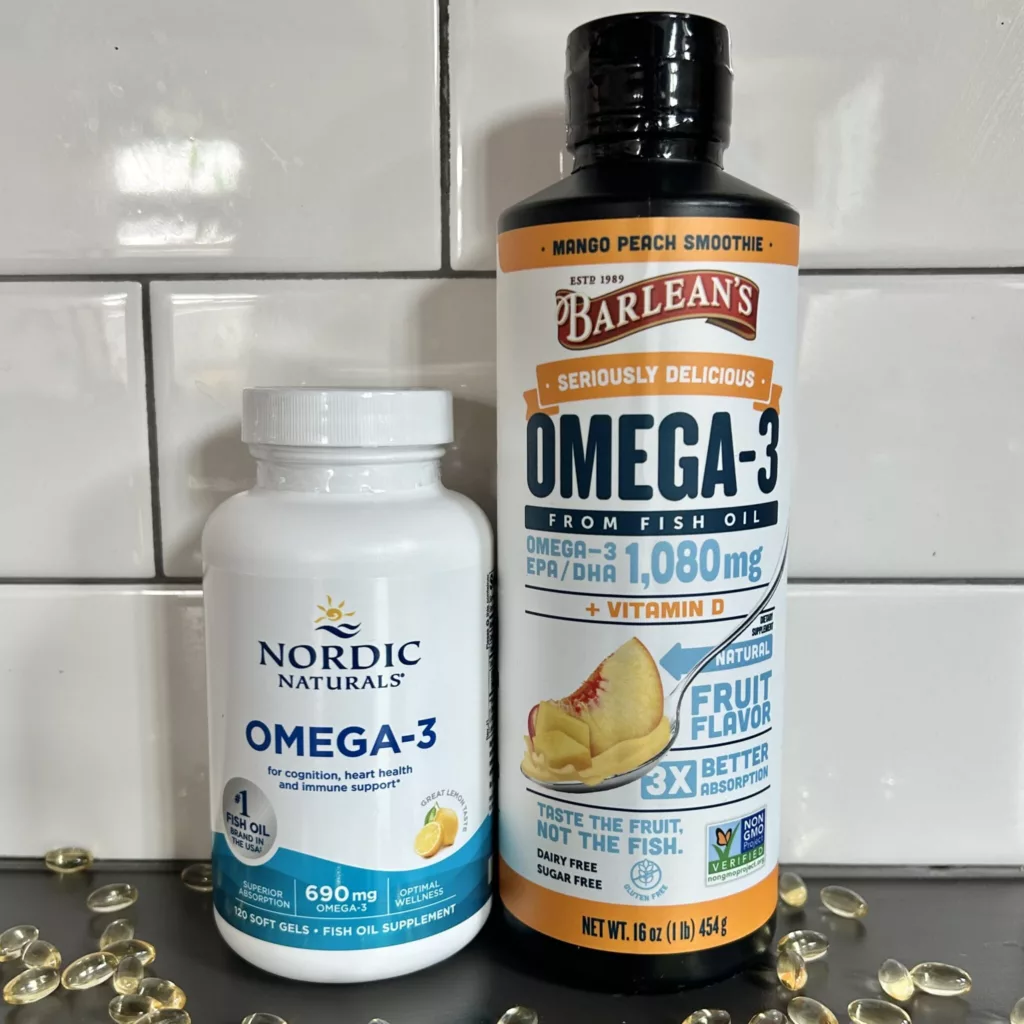
Omega 3 Fatty Acids
Omega-3s such as those found in fish oil and algae oil have been shown to be helpful in reducing symptoms of depression. The components EPA and DHA are the most studied, showing greatest effects with higher intake of EPA (around 1000mg per day). The mechanism of action on depression is not yet completely understood, but one school of thought is that depression is an inflammatory disease and thus EPA/DHA are helpful by reducing inflammatory signals in the body.
Tryptophan or 5-HTP
These are the precursors, aka building blocks, of serotonin and thus can be used to help promote serotonin production in the brain.
Supplements and Herbs for Anxious Mood
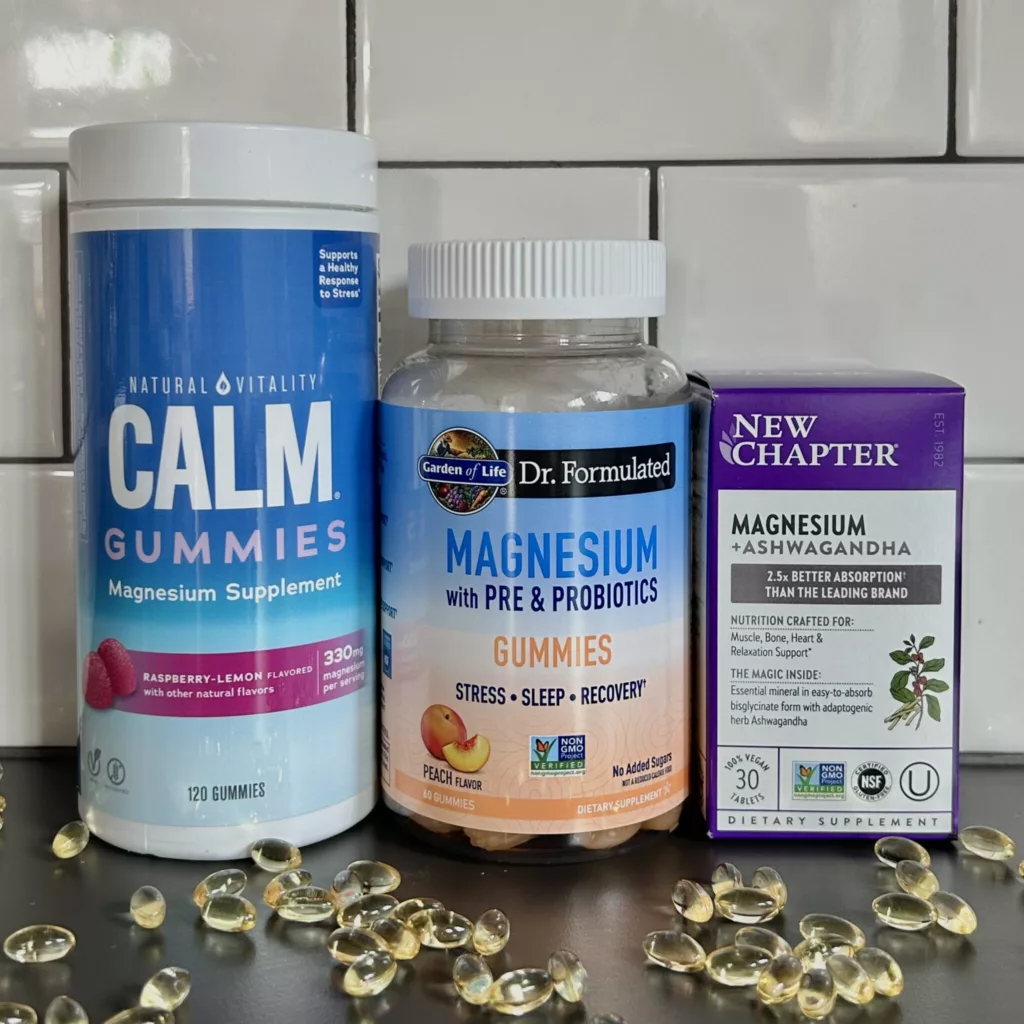
Magnesium
Magnesium works for all moods, but I especially like it for anxiety as it can help promote a calming effect. Much like the B vitamins, magnesium is a cofactor used in the synthesis of many different neurotransmitters in the brain, including serotonin. There are many different forms of magnesium, all of which can be helpful, but the forms most suited for anxiety are magnesium glycinate and magnesium threonate. Please note that taking too much magnesium can cause loose stools.
L-Theanine
Theanine is an amino acid that is naturally found in green tea that helps induce a state of relaxed alertness, reduces anxiety, and can help improve sleep. Even though it benefits sleep, it won’t make you feel sleepy and can be helpful for improving focus if taken during the day.
Kava
I think of Kava as one of the plant world’s most potent anti-anxiety medicines. Unlike theanine, kava is sedating so it is best taken at night. Components in kava can enhance the body’s production of GABA. It is also very helpful for anxiety-related sleep issues and can be taken if woken in the middle of the night with anxious thoughts.
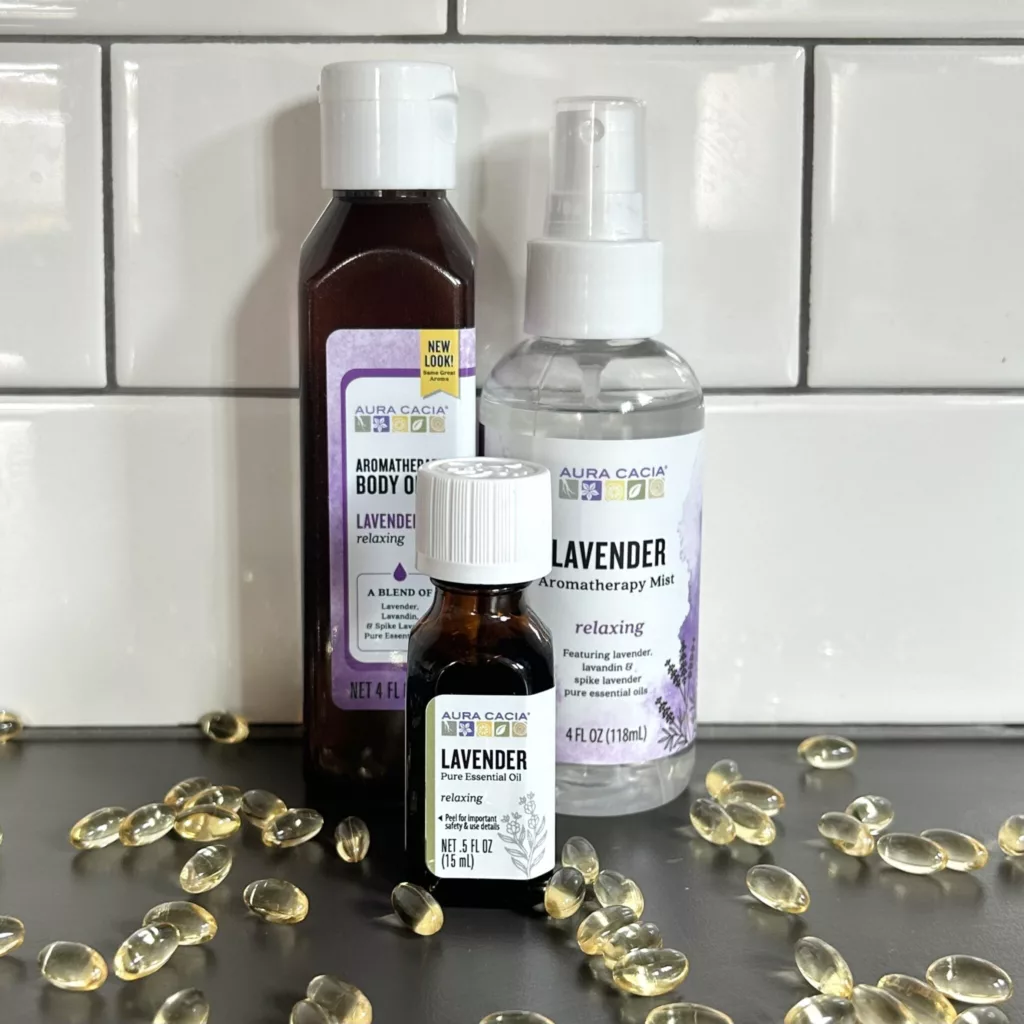
Lavender
There is a reason why lavender is often added to calming lotions, bath oils, and candles. Even just the smell of lavender helps to induce GABA receptors in the brain and can be helpful for easing restless anxiety. Adding a few drops of essential oil to a diffuser or making a lavender sachet with fresh or dried herb can promote feelings of relaxation.
Catnip
This cat-beloved herb actually has a very calming effect on humans. It is a favorite of mine for kids experiencing anxiety as it is a safe, gentle herb that makes a tasty tea or herbal glycerite. It is especially helpful for kids (and adults) who tend to have nervous tummy troubles.
Supplements for Stress Support
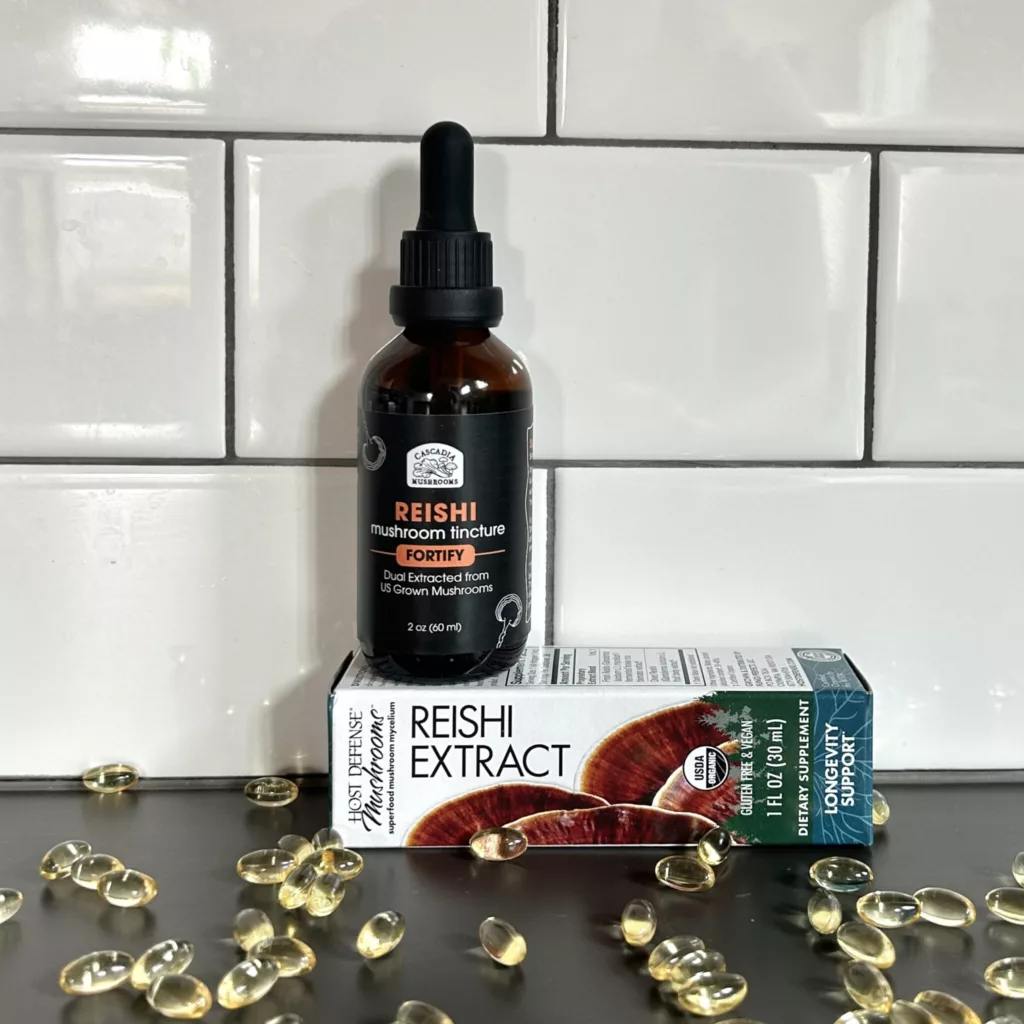
Reishi
Reishi mushroom has a host of positive benefits to the human body, one of which is helping to support the body’s stress response system aka the HPA axis (Hypothalamic-Pituitary-Adrenal axis). It also is a powerful immunomodulator which means it helps the immune system do its job more effectively. As with all adaptogens (including the following listed below), they must be taken for at least a few months before they show their full effect.
Eleuthero
Eleuthero also supports the HPA Axis, helping it find just the right balance of stress hormones so that you have energy throughout the day without feeling irritable and on edge. It has also been shown to improve cholesterol, blood sugar balance, and endurance.
Rhodiola
Rhodiola is my go-to for feelings of burnout and “wired and tired.” Another herbal adaptogen, it strengthens the HPA axis so your body can react to stress appropriately.
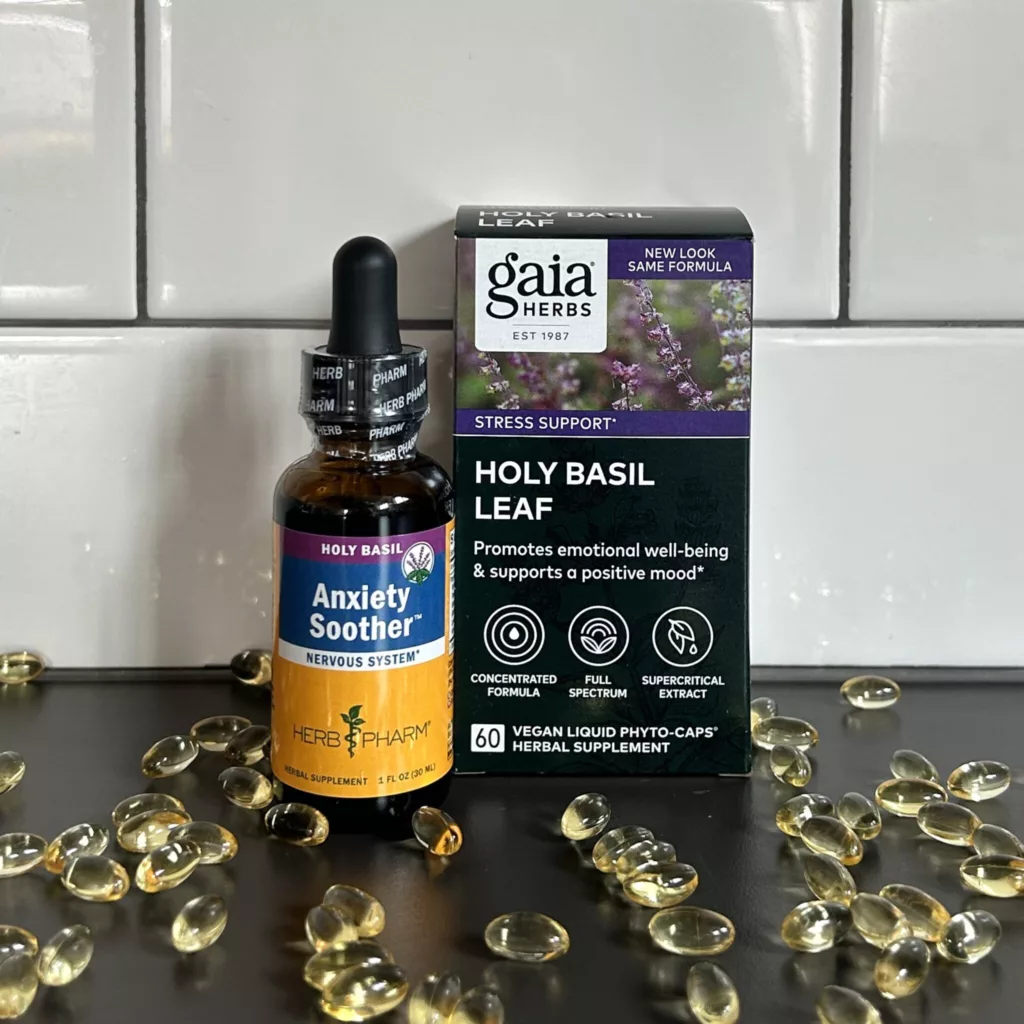
Holy Basil/Tulsi
Holy Basil, or Tulsi, is an adaptogenic herb that helps to lower stress levels, reduce anxiety, and improve mental clarity. It is also very pleasant tasting so it makes for a great tea.
Probiotics
The conversation around the gut microbiome and its influence on mood is ever evolving but holds a lot of promise.
There have been numerous studies that have shown that certain gut bacteria can have both direct and indirect impacts on mood, implying that the bacteria that reside in our guts are an important player in mood disorders. Bacterial species with studied effects on mood include: Lactobacillus plantarum, Lactobacillus helveticus, Lactobacillus rhamnosus, and Bifidobacterium longum.
I hope this mini-guide proves helpful in your quest for mood support! And remember, although these supplements can be effective on their own, getting enough nutrients from your food, incorporating stress mitigation practices into your day, and seeking out the company of others that love and support you are the best mood enhancers out there.